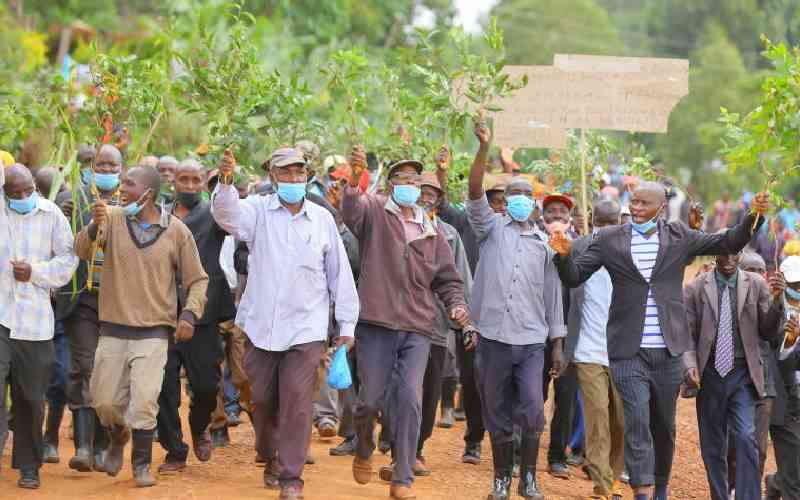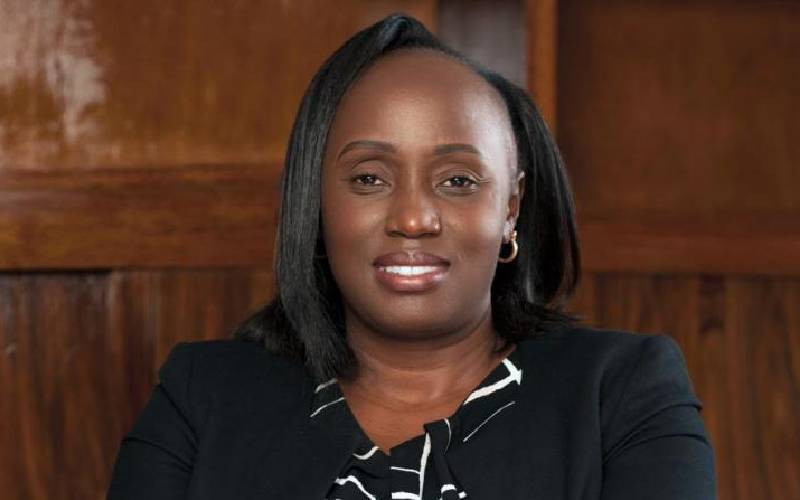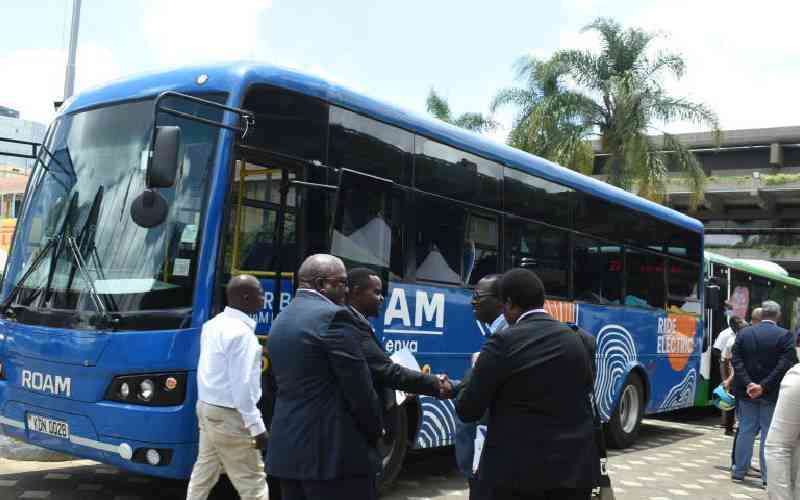The speed limit is 110km per hour on the new highway that Abadalla Chande uses to haul his truckload of animal feed from Tanzania to Kenya, two nations that share a common market often hailed as a model for the continent.
But Chande is parked on the tarmac, caught up in a snarl of red tape. He is in a long line of trucks waiting for cargo to be scanned or for documents to be checked by officials.
Kenya and Tanzania are the two largest economies in the East African Community (EAC) common market. It was set up in 2010 to allow people and goods to move freely among members, which also include Uganda, Rwanda, Burundi and South Sudan.
One of the most successful of Africa’s many trade blocs, it should be superseded by a continent-wide free trade area that will begin trading in July next year.
But businessmen say the delays plaguing the East African union bode ill for the future of the unified market. “Sometimes we get to the border crossing and spend five, six days or even a week,” said Chande, who said he has been waiting there more than a day.
Behind him, police pried apart shouting drivers as hundreds of trucks slowly belched and groaned towards the Kenya-Tanzania border in Namanga town.
Kenyan and Tanzanian officials say that even in a free trade area, goods crossing borders must be checked by multiple agencies including the tax authorities, plant health inspectorate, departments of human health, livestock control and forestry. This takes time.
Businesses say that trade moves more smoothly between other EAC countries, for example between Rwanda and Uganda.
But their focus is on Kenya and Tanzania as they account for about two-thirds of the zone’s economic output and similar delays could easily happen between large African economies elsewhere.
The African Continental Free Trade Area deal will come into force in July and aims to bring together 55 countries, 1.3 billion people and Sh340 trillion nominal gross domestic product to establish the world’s biggest free trade bloc.
It will supersede existing trade zones - EAC, ECOWAS in the west, SADC in the south and Comesa in the east and south.
Only the EAC has made significant progress towards a common market and Gerrishon Ikiara, a Kenyan economist specialising in development and policy, says it should be the role model.
Imports and exports
But although intra-EAC trade grew rapidly at first it now only accounts for 10 per cent of the six countries’ total merchandise trade, the World Trade Organisation (WTO) said in a 2019 report.
This means most exports and imports are with countries outside the bloc. The WTO said poor infrastructure and the use of different currencies were barriers to trade within the EAC.
Businessmen say the continent-wide deal provided few details of how to make trade run more smoothly and failed to tackle some contentious issues.
It did not give a time frame for removing existing customs structures, outline how to integrate markets or phase out protectionism, said Ian Gibson, deputy managing director of Farmers Choice, Kenya’s biggest meat processor.
“The detail is what causes all the chaos,” he said.
Trade tensions
Namanga is the mid-point of a Sh20 billion highway built in 2012 to connect the Tanzanian city of Arusha with Nairobi’s industrial satellite town of Athi River.
The African Development Bank funded the road to promote regional integration. But despite the cash poured into infrastructure, Kenya’s annual exports to Tanzania dropped by more than a third since 2014, to Sh29.75 billion ($288 million), the Kenyan statistics office said.
Imports from its neighbour also slowed slightly to Sh17.82 billion over the same period.
Tanzania, which for decades feared domination by its bigger neighbour, has long had an uneasy relationship with Kenya.
Similar tensions can be found elsewhere in Africa, and could get in the way of the new free trade deal.
Nigeria, the continent’s largest economy, was slow to sign the agreement because businesses are worried that the size of their market makes it especially attractive to foreign competition.
 The Standard Group Plc is a multi-media organization with investments in media
platforms spanning newspaper print operations, television, radio broadcasting,
digital and online services. The Standard Group is recognized as a leading
multi-media house in Kenya with a key influence in matters of national and
international interest.
The Standard Group Plc is a multi-media organization with investments in media
platforms spanning newspaper print operations, television, radio broadcasting,
digital and online services. The Standard Group is recognized as a leading
multi-media house in Kenya with a key influence in matters of national and
international interest.
 The Standard Group Plc is a multi-media organization with investments in media
platforms spanning newspaper print operations, television, radio broadcasting,
digital and online services. The Standard Group is recognized as a leading
multi-media house in Kenya with a key influence in matters of national and
international interest.
The Standard Group Plc is a multi-media organization with investments in media
platforms spanning newspaper print operations, television, radio broadcasting,
digital and online services. The Standard Group is recognized as a leading
multi-media house in Kenya with a key influence in matters of national and
international interest.









